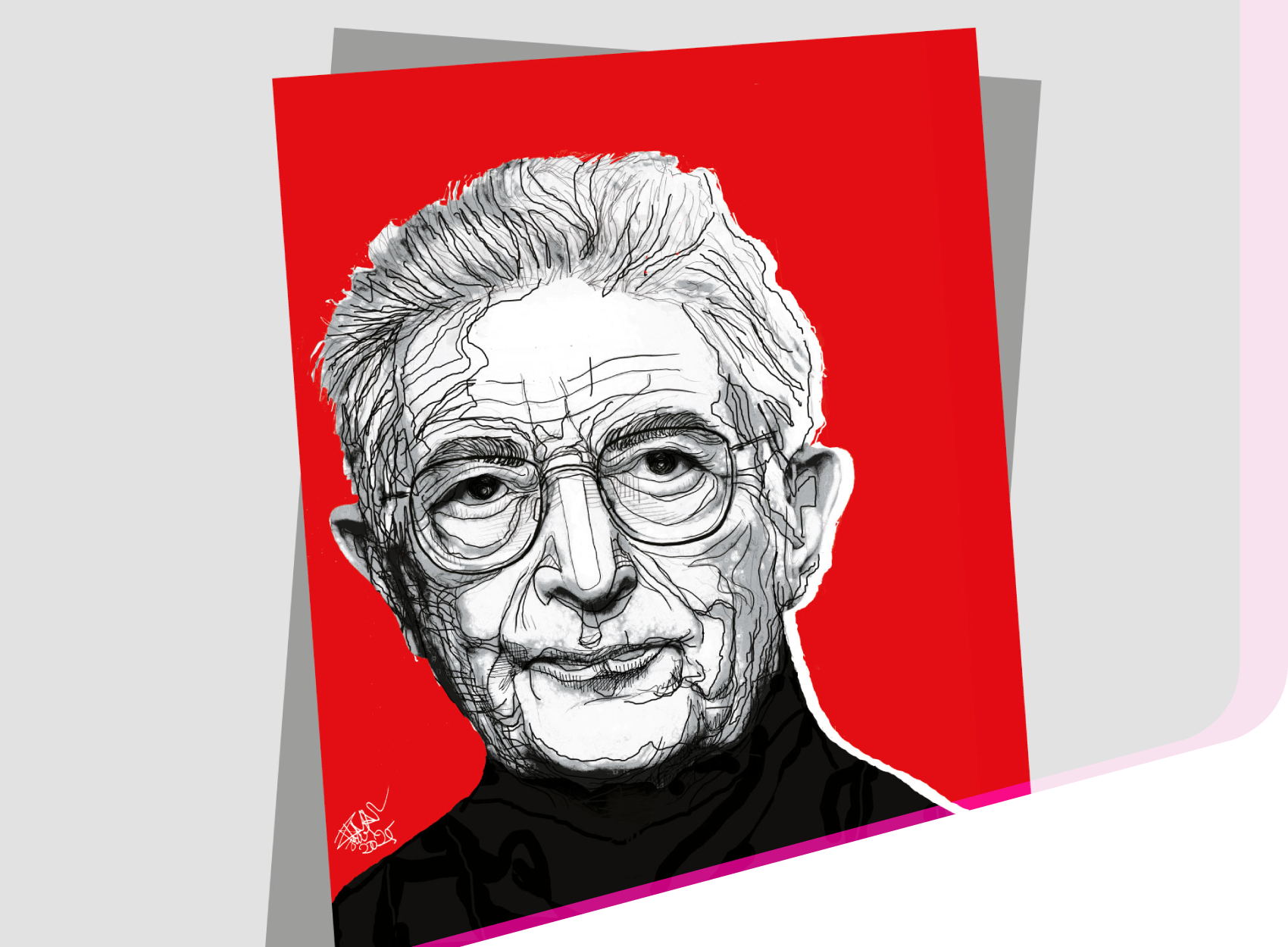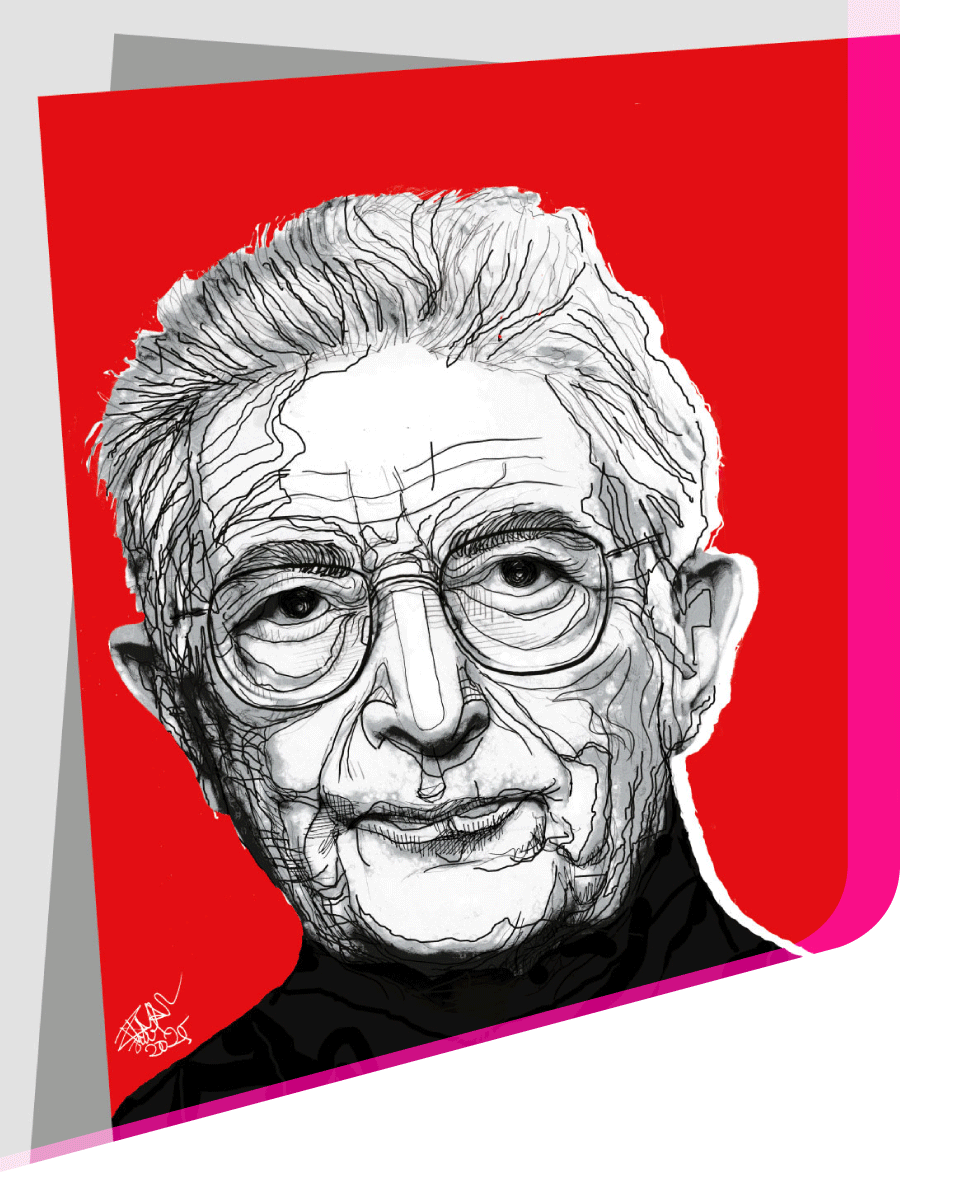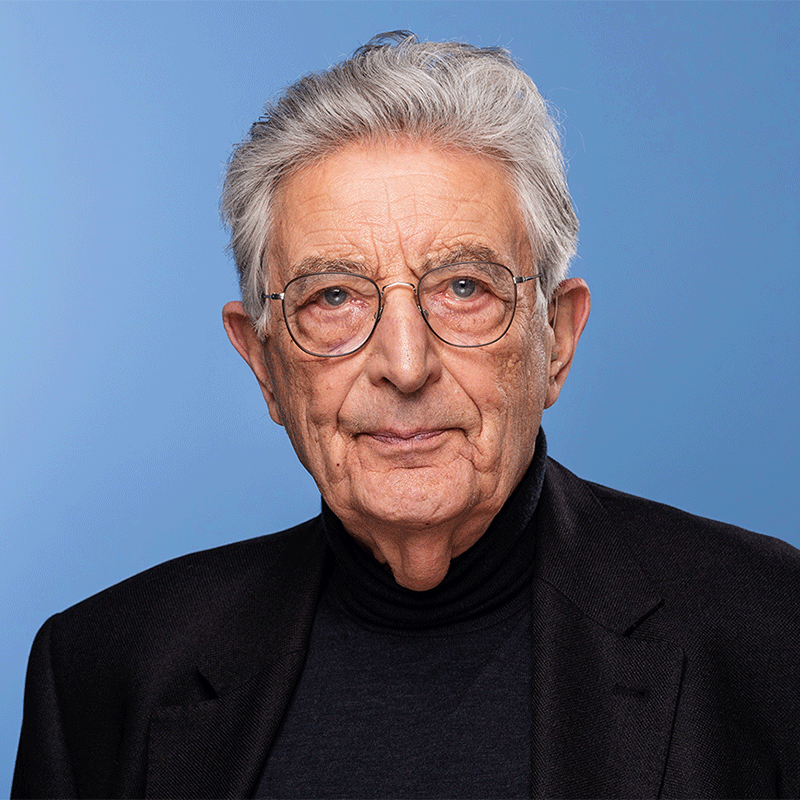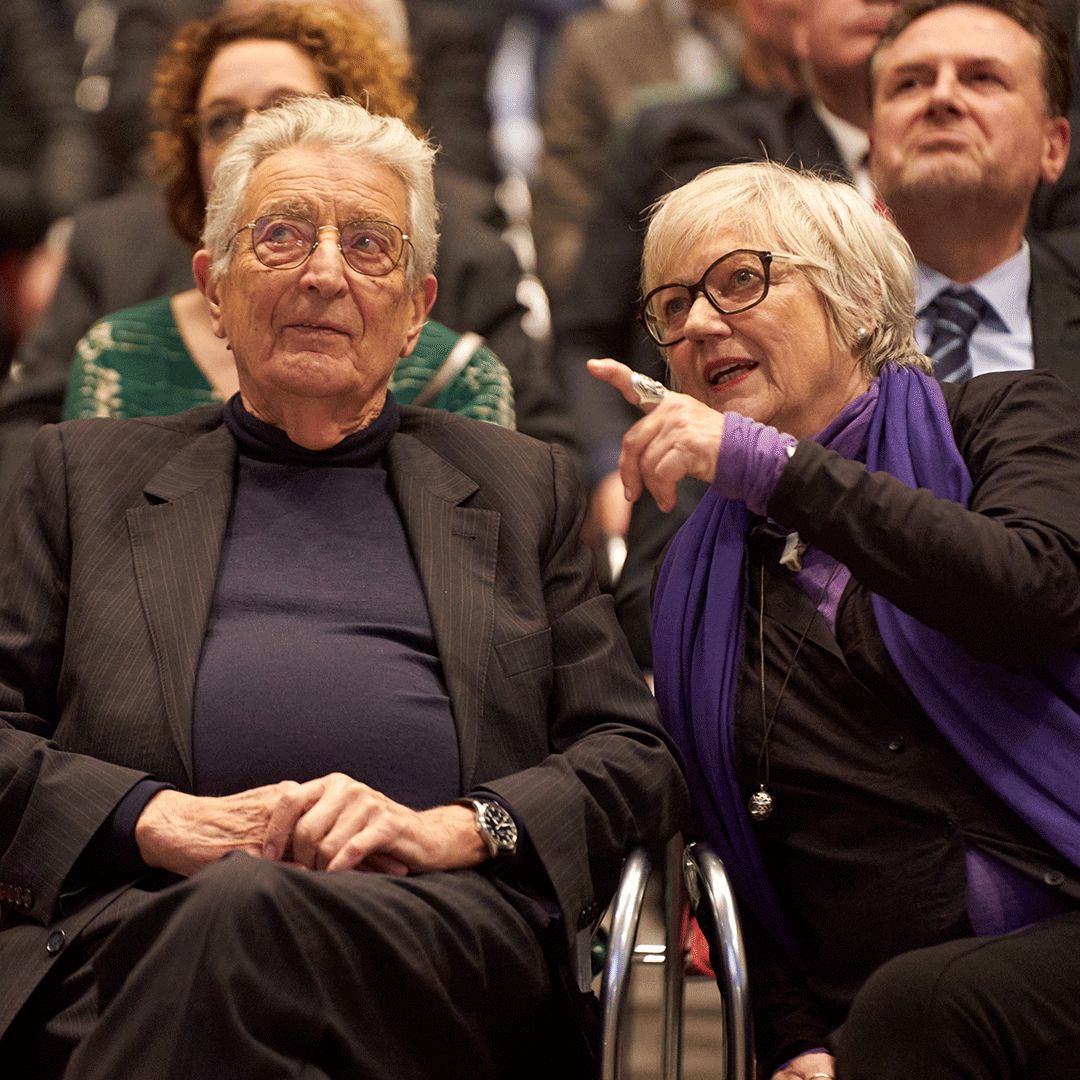
Interview with Renate Liesmann-Baum about the
Interview with Renate Liesmann-Baum about the
Interview with Renate Liesmann-Baum about the
Human Rights Defender Gerhart Baum
Human Rights Defender Gerhart Baum
Human Rights Defender Gerhart Baum

Interview with Renate Liesmann-Baum about the
Human Rights Defender Gerhart Baum
“All human beings are born free and equal in dignity and rights.“

VITA
Gerhart Baum was a liberal politician in Germany. He passed away in February 2025 at the age of 92. In Germany, and probably worldwide, he is the only former interior minister who became an active human rights defender at the United Nations. From 1992 to 1998, he headed the German delegation to the Human Rights Commission in Geneva. From 2000 to 2004, he was appointed by the United Nations as Independent Expert on Human Rights in Sudan. During this time, he played a key role in initiating the UN Declaration on the Protection of Human Rights Defenders, which is his legacy to human rights defenders worldwide. In 2021, the Friedrich Naumann Foundation published its first publication on human rights defenders. This fifth edition is dedicated to Gerhart Baum. We conducted this interview with his wife, Renate Liesmann-Baum.
Human rights became the theme of Gerhart Baum's life. Can this be explained solely by his childhood in bombed-out Dresden and post-war Germany?
That certainly played a role, just as his own life story played a major role in his political thinking and actions. My husband experienced war and displacement as a child. The images of war from Ukraine reminded him of this again and again. "Those are the images of my childhood," he said. "Never again!" He lived by this motto—as a person and as a politician, and also in his commitment to human rights.
After his active political career, Gerhart Baum became a professional human rights defender. How did that come about?
Shortly before Hans-Dietrich Genscher resigned as foreign minister, he asked my husband to lead the German delegation to the United Nations Human Rights Commission in Geneva. At that time, preparations were already underway for the major human rights conference in Vienna in 1993. This experience gave his commitment to human rights a real boost.

How big was the leap from politician to human rights defender on the diplomatic stage in Geneva?
My husband was a politician, not a trained diplomat. Politicians leave after visiting other countries, but diplomats have to deal with the consequences. In Geneva, he was assisted by Michael Schaefer, who was responsible for human rights at the German Mission to the United Nations back then. Michael Schaefer expertly accompanied him on the diplomatic stage. This led to a lifelong friendship. With his political skills and experience, my husband was able to contribute to important decisions. He also brought about changes in the area of communication. For him, exchange and discourse on the issues at hand were always the most important things. That is why, for example, he decided to often invite selected guests to small roundtable discussions, where intensive discussions could then take place, rather than the usual large champagne receptions. Direct conversation with people was very important to him until the end.
Especially with younger people.
Yes, that's right, until the very end. Sharing his vision of a just human rights policy, especially with young people, was a reflection of his life-energy. And that also set him apart from many other politicians.
"We bow to your courage," Gerhart Baum began his foreword to the first publication on human rights defenders with respect and appreciation. After you both awarded the Gerhart and Renate Baum Foundation's Human Rights Prize to Belarusian civil rights activist Maria Kalesnikava, who was imprisoned.
We already knew Maria – as a musician in Stuttgart, where she worked for many years before she actually went to set up a cultural center in Minsk. The images on TV showing her, together with other courageous Belarusian women, as a radiant political activist with bright red lips fighting for civil rights and freedom are still engrained in our memory. She inspired thousands of people on the streets of Minsk. We wanted to honor her with our human rights award for her courage and strength in the fight against the autocrats in Belarus and Russia. She lost that fight. She has been imprisoned for five years, with an uncertain outcome. We were deeply moved by her fate, but also by the fate of civil and human rights activists in other countries, such as Myanmar, Afghanistan, and Sudan.
In his books, including the most recent one you completed, "Besinnt Euch!" (Reflect!), Gerhart Baum appeals to readers and warns against autocrats and right-wing extremists.
He was always aware of the impending danger. Very early on, he sensed the threats to social cohesion and liberal democracy. He always wanted to mobilize the power of his biography to prevent history from repeating itself. "Fear turned into anger, anger turned into commitment," he writes, demanding, "Now we must reflect and act!"
Interview
